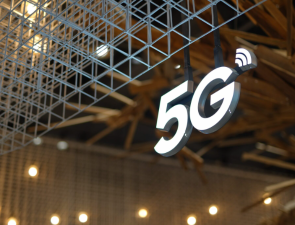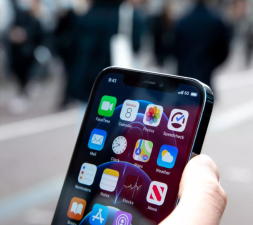With the widespread adoption of various smart devices, wireless internet access has become a daily habit for most users. Not only mobile phones, but also desktop computers, laptops, and smart TVs can access the internet wirelessly. Now, 5G is bringing even faster internet speeds. Consequently, in the 5G era, many people are considering replacing their home broadband with 5G. So, is this feasible?
With the widespread adoption of various smart devices, wireless internet access has become a daily habit for most users. Not only mobile phones, but also desktop computers, laptops, and smart TVs can access the internet wirelessly.
Now, 5G is bringing even faster internet speeds. Consequently, in the 5G era, many people are considering replacing their home broadband with 5G. So, is this feasible?

If 5G can provide internet access, why isn't it suitable as their primary broadband service?
Although 5G download speeds can theoretically reach 1Gbps, and some tests have even reported speeds exceeding 1Gbps, in practice, you'll encounter several real challenges:
- Stability
5G networks are susceptible to interference. For example, weather changes, distance from base stations, and device compatibility issues can all cause signal fluctuations. Therefore, on-site testing and debugging are generally required.
- Shared, not exclusive
5G is a "shared network," meaning you compete for the signal with a large group of people. Home broadband, on the other hand, typically offers exclusive bandwidth, providing a more stable internet experience. 3. Difficulty Sharing with Multiple People
When you use a hotspot and connect multiple devices, such as a TV, phone, computer, and smart door lock, the 5G signal quickly collapses.
- Large Data Limits
Although carriers are offering high-data 5G plans, using them to support a full day of internet access for an entire family easily requires dozens of gigabytes, which is far from enough.

Are 5G routers (CPE) truly reliable?
Many 5G CPE products on the market claim to offer "plug-and-play" and "unlimited data." These products actually receive 5G signals through a SIM card and then convert them into Wi-Fi for home use.
The advantages of these devices are:
✅ Easy installation, plug and go
✅ Flexible and portable, suitable for temporary internet access
✅ These devices can also be used in commercial and residential buildings where home broadband is not an option, and the cost is lower than commercial broadband. However, the drawbacks are also significant:
⚠️ Network quality depends entirely on the base station and signal quality.
⚠️ Speeds can drop significantly when users are densely populated or devices are numerous.
⚠️ Some "unlimited data" plans actually have speed limits; exceeding the data limit will result in speed throttling.
It's more suitable for renting, short-term home rentals, temporary exhibition setups, and outdoor offices, and isn't recommended as a primary, long-term home network.
5G networks are indeed fast, but they're more suitable as a supplement, not a complete replacement.
Home broadband remains the most stable, cost-effective, and suitable option for long-term multi-device internet access.
